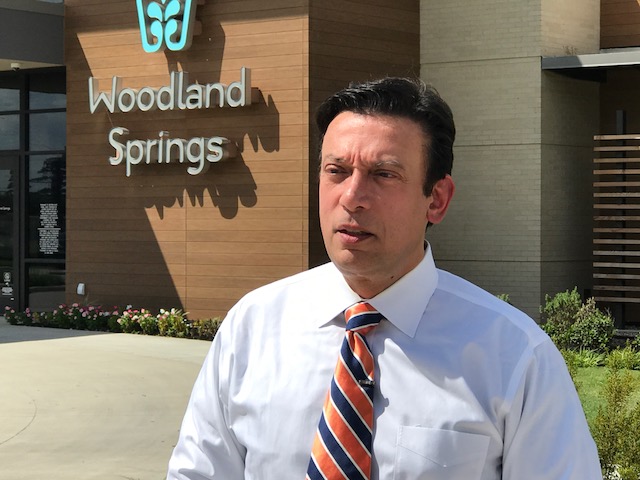Critical Incident Stress Management (CISM)
Critical Incident Stress Management is a vital tool to understand and implement. When there is a serious situation, a critical incident, it is important for organizations to act swiftly. It helps send a comforting message to employees and their families. They will realize they are cared for, supported and have help.
Trauma: It is inevitable
Have any members of your staff experienced the tragic loss of a colleague or a family member? Has your company suffered workplace violence or a traumatic event?
These are situations that occur all too often in workplaces and schools across the country. If your organization wants to help your employees deal with a trauma, consider seeking out critical stress incident management interventions.
Critical incidents can include:
- Death a colleague due to natural causes, suicide or homicide
- Large scale layoffs
- Natural disaster: Weather event
- Man-made disaster: Mass casualty event
- Reaction to volatile events linked to politics or racism
Prasad Counseling and Training provides professional Critical Incident Stress Management (CISM) services to companies across the United States. Having a rapid Critical Incident Stress Management response can help your company or organization manage associated risks more effectively and inexpensively.
Purpose of CISM interventions:
- Help reduce job stress and burnout
- Promote employee wellness
- Raise awareness of PTSD

Critical Incident Stress Management Intervention
Several types of interventions help send the message to your workers that they are supported. They will know there is education and there are resources for continuing care.
These CISM interventions come in four forms:
- The use of psychological first aid in one-on-one meetings to provide immediate, innovative and flexible help
- Group diffusing is a short group intervention done shortly after an incident. Multiple interventions are adapted to meet the needs of diverse organizational cultures and workers facing myriad challenges.
- Conduct a critical incident stress debriefing. This group intervention is used as a follow-up (if needed) to the group diffusing. This acts to get a sense of where people are weeks after the crisis.
- Conduct a crisis management briefing. This is a large, homogeneous group intervention used before, during and after the crisis. The purpose is to present facts, and facilitate a brief, controlled discussion to include stress survival skills
Who benefits from CISM?
Critical Incident Stress Management can prove to be incredibly beneficial for many groups and situations. Those on the front lines who see traumatic experiences on a regular basis benefit from these services.
While typically critical stress incident management has been offered to first responders, CISM interventions can be applied to individuals, families, groups or organizations. When done properly, a CISM intervention offers significant crisis support.
In addition, any organization or business where the employees are dealing with a life-altering situation benefit from CISM. These include emergency medical services, peer support, and providing crisis intervention or help from traumatic events.
Hospital staff: Infant demise, incorrect medical procedure conducted on patient
Fire and police personnel: Line of duty death, suicide of colleague, failed infant CPR, WMD
Military personnel: Death of battle buddy, failed extraction, betrayal by trusted indigenous personnel or command structure
Rescue/Relief team: Reentry following mission, response to mass casualty event
School Staff: Pupil death, crime on school campus, death of a teacher’s child
Private sector: layoffs, salary reductions, death/suicide of co-worker
Meeting the needs of your employee group
This is not a “one size fits all” service.
I have provided successful interventions to first responders, federal agencies, companies, hospital workers and first responders. In addition to my extensive training, I have earned my certification in trauma response by Johns Hopkins.
These CISM interventions are designed to:
- Provide education on stress reactions and symptoms
- Enhance resiliency and build coping skills
- Promote team cohesion
- Offer referral sources for further help
- Normalize stress response and mitigate traumatic reactions

Professional Critical Incident Stress Management Services
When your team needs help after a crisis, contact a licensed professional for mental health support interventions. I specialize in Critical Incident Stress Management. I have worked with companies across the country in providing this important level of support.
I am located in Houston but am available to travel in order to provide the on-site service your organization needs. You can reach out to me at my Houston office for CISM services by contacting me via the online form or by calling me at 281-948-3322.
I am a licensed professional counselor. Beyond CISM services, I provide therapy and counseling for such issues as PTSD and trauma. I also travel to companies and organizations across the country for speaking events and specialized training. I assist companies who wish to improve their employees’ work-life balance and provide other support to nurture a motivated workforce.
Whether you want to book services or simply have questions about what Critical Incident Stress Management services are, please reach out. I would be happy to provide you clarified information to help you know if this can help your employees and company.

